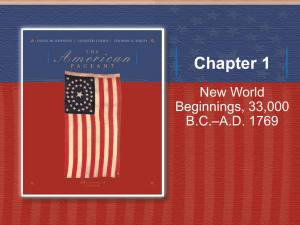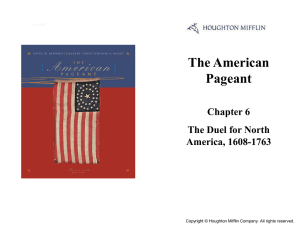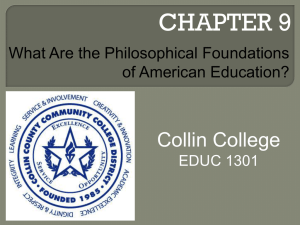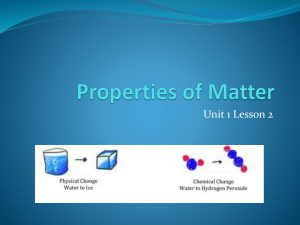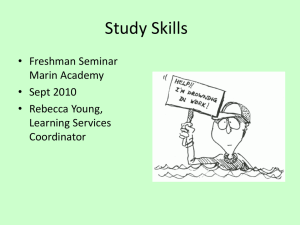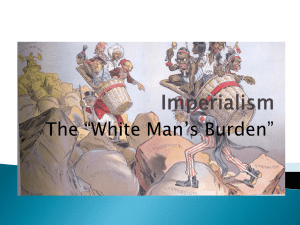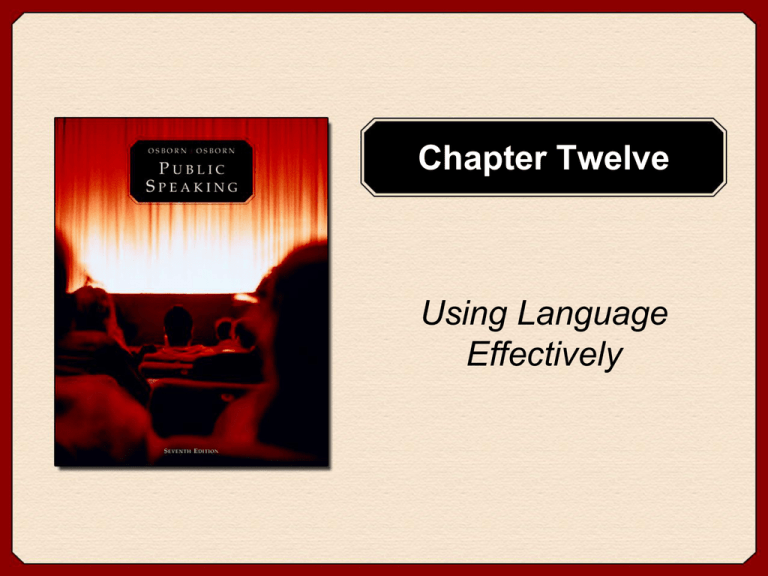
Chapter Twelve
Using Language
Effectively
Chapter Goals
• Understand the power of
language
• Apply standards to use
language effectively
• Learn ways to magnify the
power of language
Copyright © Houghton Mifflin Company. All rights reserved.
12 - 2
Power of the Spoken Word
• The words of our language shape the
way we think
• Language is the basis of all our social
interactions
• Words are the essence of our being, or,
language determines how we see
ourselves
Copyright © Houghton Mifflin Company. All rights reserved.
12 - 3
Characteristics of Oral Language
•
•
•
•
•
•
•
Personal
Informal
Colorful
Short, simple sentences or fragments
Repeats and amplifies ideas
Relies on examples and stories
Emphasizes rhythm
Copyright © Houghton Mifflin Company. All rights reserved.
12 - 4
Forms of Meaning
• Denotative
– dictionary usage
– encourages detachment
• Connotative
– personal usage
– intensifies feelings
Copyright © Houghton Mifflin Company. All rights reserved.
12 - 5
Ways oral language can influence
• Influences how listeners see subjects
• Influences how listeners feel about
those subjects
• Influences how listeners identify with
one another
• Influences how listeners act
Copyright © Houghton Mifflin Company. All rights reserved.
12 - 6
Overcoming Emotional Barriers
• Overcoming time
• Overcoming distance
• Overcoming apathy
Copyright © Houghton Mifflin Company. All rights reserved.
12 - 7
The Language of Unity
• Bring to life images of their heroes and
enemies
• Describe group traditions they may have
forgotten
• Depict in concrete terms the deeper values
they share
• Picture common problems
• Illustrate goals they can share
• Define in simple terms the first step they can
take together, and urge them to take it
• Speak the language of inclusion
Copyright © Houghton Mifflin Company. All rights reserved.
12 - 8
Six C’s of Language Use
•
•
•
•
•
•
Clarity
Color
Concreteness
Correctness
Conciseness
Cultural sensitivity
Copyright © Houghton Mifflin Company. All rights reserved.
12 - 9
Six C’s of Language Use
• Clarity
– / jargon, doublespeak …
Copyright © Houghton Mifflin Company. All rights reserved.
12 - 10
Six C’s of Language Use
Clarity
•
•
•
•
•
Avoid jargon
Avoid pretentious words
Be careful with euphemisms
Be alert to doublespeak
Amplify what you say
–
–
–
–
Repetition
Rephrasing
Examples
Compare and contrast
Copyright © Houghton Mifflin Company. All rights reserved.
12 - 11
Six C’s of Language Use
Color
• Emotional intensity
• Vivid language
• Paint word pictures
• Language of the
people
Copyright © Houghton Mifflin Company. All rights reserved.
12 - 12
Six C’s of Language Use
Concreteness
• Avoid abstractions
• Be specific
Copyright © Houghton Mifflin Company. All rights reserved.
12 - 13
Six C’s of Language Use
Correctness
• Avoid grammatical errors
• Avoid pronunciation errors
• Avoid misuse and confusion of
meaning
Copyright © Houghton Mifflin Company. All rights reserved.
12 - 14
Six C’s of Language Use
Conciseness
• Make every word
count
• Use simple language
• Use direct language
• Don’t use two words
when one will do
Copyright © Houghton Mifflin Company. All rights reserved.
12 - 15
Six C’s of Language Use
Cultural sensitivity
Copyright © Houghton Mifflin Company. All rights reserved.
12 - 16
Figurative Language
•
•
•
•
•
•
Simile
Metaphor
Personification
Culturetypes
Ideographs
God & Devil terms
Copyright © Houghton Mifflin Company. All rights reserved.
12 - 17
Culturetypes
Maverick McCain
Copyright © Houghton Mifflin Company. All rights reserved.
12 - 18
Ideographs
Change
Copyright © Houghton Mifflin Company. All rights reserved.
12 - 19
God & Devil Terms
• Patriot: one who loves and defends his
or her country
• Insurgency: Rising in revolt against
established authority, especially a
government
Copyright © Houghton Mifflin Company. All rights reserved.
12 - 20
Word Order
• Antithesis
– “not only, but”
• Inversion
– “Ask not …
• Parallel Construction
– We will not falter, we will not fail
Copyright © Houghton Mifflin Company. All rights reserved.
12 - 21
Sounds of Words
• Alliteration
– Nattering nabobs of negativism
• Onomatopoeia
– Refugees trudge
Copyright © Houghton Mifflin Company. All rights reserved.
12 - 22
The Ethical Use of Powerful Language
• Avoid depictions that distort reality
• Use words to support sound reasoning
• Use language to empower both traditions and
visions
• Use images to renew appreciation of shared
values
• Use language to strengthen the ties of
community
• Use language to overcome inertia and inspire
listeners to action
• Be cautious about melodramatic language
Copyright © Houghton Mifflin Company. All rights reserved.
12 - 23

